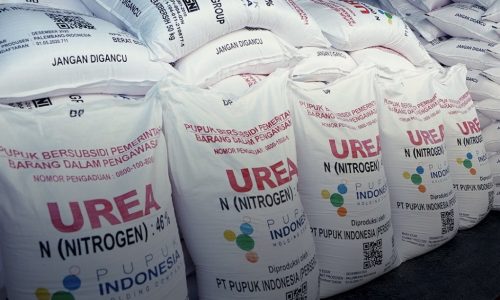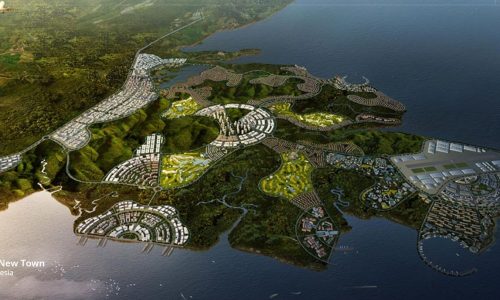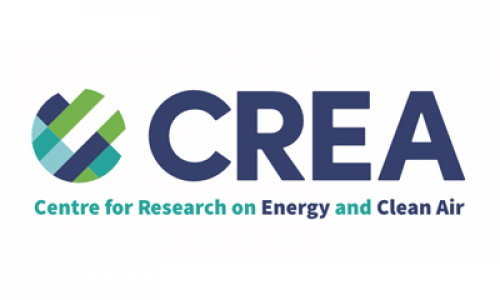The Ministry of Energy and Mineral Resources (ESDM) has set the quota for the distribution of B35 biodiesel, a blend of Solar with 35 percent palm oil-based biofuels (BBN), at 13.41 million kiloliters (KL) for 2024.
Director of Bioenergy at ESDM, Edi Wibowo, said that the quota is determined based on the success of B35 distribution throughout 2023.
“The allocation for biodiesel distribution in 2024 is 13.41 million KL,” said Edi when on Saturday.
Edi mentioned that the realization of B35 distribution throughout 2023 reached 12.15 million KL, while citing that the mandatory program ran quite smoothly throughout last year.
“The volume of biodiesel distribution for B35 until December 2023 is 12.15 million KL; there were no significant obstacles,” he said. On the other hand, he said, ESDM is still waiting for the test results for the non-automotive sector related to the plan to implement the B40 program.
The test is scheduled to be carried out this year. “After that, we also await policies from the steering committee of Oil Palm Plantation Funding Management Agency (BPDPKS) and the government,” he said.
Earlier, the Institute for Development of Economics and Finance (Indef) assessed that the government needs to reevaluate the B35 biodiesel program, which has been in operation since February 2023. Executive Director of Indef, Tauhid Ahmad, believes the government needs to review the effectiveness of subsidies or incentives allocated for biodiesel in the midst of the downward trend in crude palm oil (CPO) and Solar prices in the global market.
“B35 needs to be evaluated comprehensively, not just from the subsidy side but also from the efficiency of Solar usage and its subsidies, the impact on business, macroeconomics, and the environment,” said Tauhid in August last year. Tauhid stated that direct subsidies focused on Solar would be more beneficial compared to allocating incentives to CPO, as the raw material, which is sensitive to global market sentiment. This makes most countries reluctant to increase the CPO blend in their domestic Solar products.










